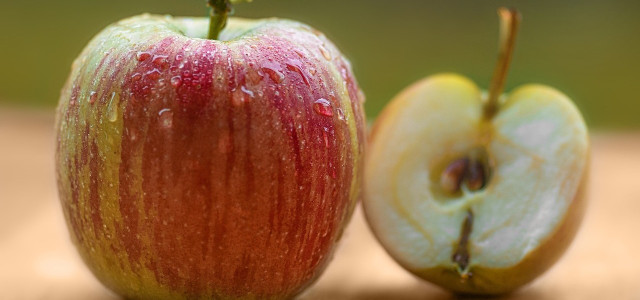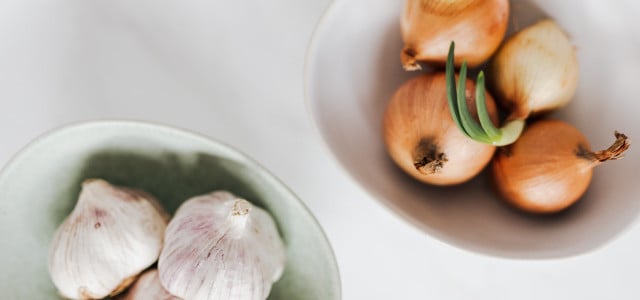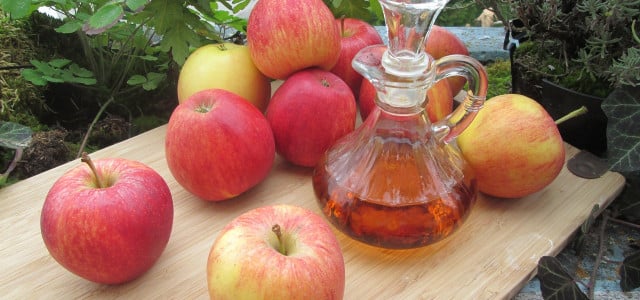Does an apple a day keep the doctor away, or can they make you sick? If you're wondering if apple seeds are poisonous, you're in the right place.
Over 19 million individuals consume apples regularly across the country – that’s a lot of apples. While apples offer a variety of benefits and are seen as a very healthy snack, some people have concerns that apple seeds are poisonous.
This is because apple seeds contain cyanide, a substance that can be harmful in large amounts. However, it occurs in much smaller doses in apple seeds. It comes from a substance known as amygdalin, and the cyanide substance from the seeds is released into the body upon chewing, alongside sugar. However, it will not be released if swallowed whole. Of course, this raises questions for many individuals, and perhaps yourself if you’re a regular apple eater. So, are apple seeds poisonous? Below, we’ll take a look into the truth behind this claim.
Are Apple Seeds Poisonous?
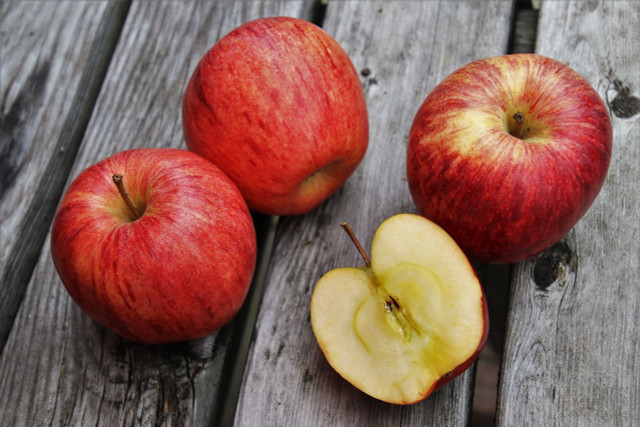
(Foto: CC0 / Pixabay / pasja1000)
If you regularly consume apples, then you likely want to know if the cyanide in apple seeds can be harmful or poisonous. You don’t need to worry too much. If you ingest an apple seed whole or through chewing in small amounts, you should be perfectly fine. It’s only when they are consumed on a much higher scale that apple seeds can potentially become poisonous.
It would take at least 150 chewed-up seeds to do any kind of damage. So, if you’re eating a couple of apples a day as well as consuming the seeds, you shouldn’t experience any ill effects. To be on the safe side, just avoid eating the seeds. That said,
So, does this mean you can eat the whole apple, core and all? Yes. However, if the thought of eating an apple core doesn’t appeal to you, then there are plenty of ways you can use your leftovers without wasting them.
Does Cyanide in Apple Seeds Accumulate in Your Body?
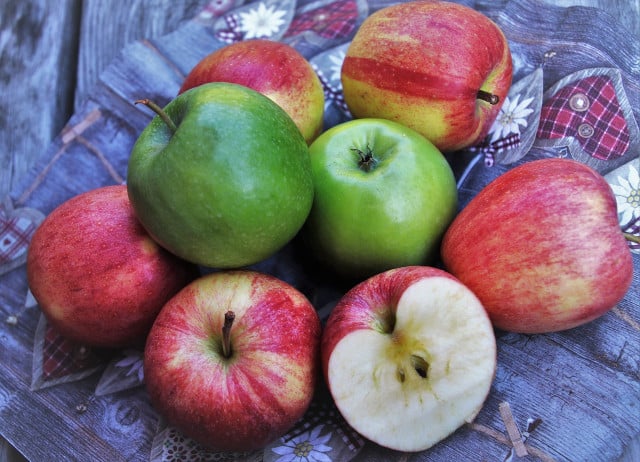


(Foto: CC0 / Pixabay / pasja1000)
The cyanide in apple seeds shouldn’t accumulate in your body. Generally speaking, whole apple seeds generally go through your body just as normal food would. However, what about if the apple seed is crushed? If crushed, it may take around a day for cyanide to exit your body, meaning that it likely won’t accumulate unless you’re eating an incredibly large amount of apples.
The cyanide in apple seeds shouldn’t cause you harm, but you may want to avoid them if you can help it. Other than apples, there are also other fruit seeds that are potentially poisonous, such as pears, apricots, cherries, and peaches.
How to Use Leftover Apple Cores
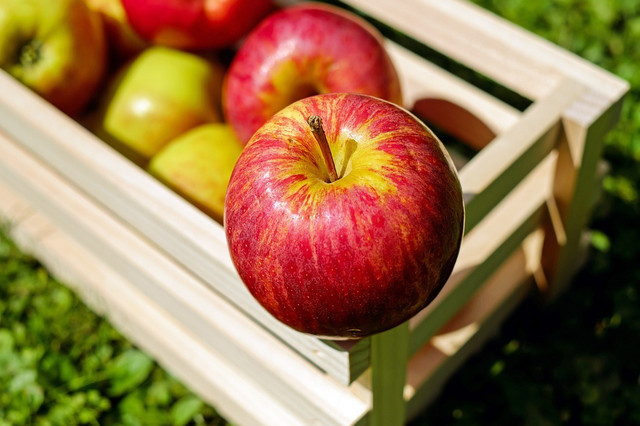


(Foto: CC0 / Pixabay / Couleur)
If you decide not to eat your apple cores, there are plenty of practical ways to use them without wasting them. It’s always important to limit the amount of food waste you produce, as much of it gets sent to landfills where it can emit harmful greenhouse gases such as methane, thus encouraging global warming.
Here are some useful ways you could use your leftover apple cores:
- Add it to your compost
- Remove the seeds and blend or simmer down to a juice
- Remove the seeds and make your own apple cider vinegar
- Use it with apple peels to make an apple syrup
- Add it to simmering water for a fresh scent
By using your apple cores in this way, you’re helping to prevent any unnecessary waste from entering the environment. Don’t forget, you can always eat them!
Read more:
- Here’s What You Can Do With Leftover Apple Peels
- How to Store Apples: Easy Ways to Keep Them Fresh
- Can You Eat Raw Potatoes? When They Can Be Poisonous
Do you like this post?






